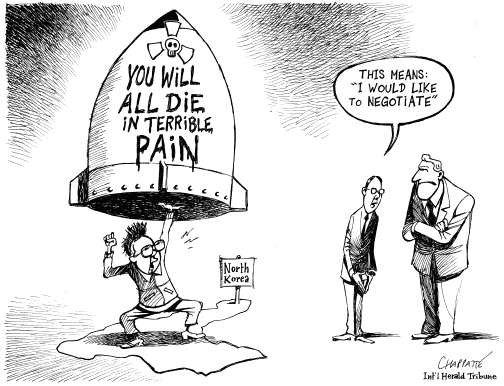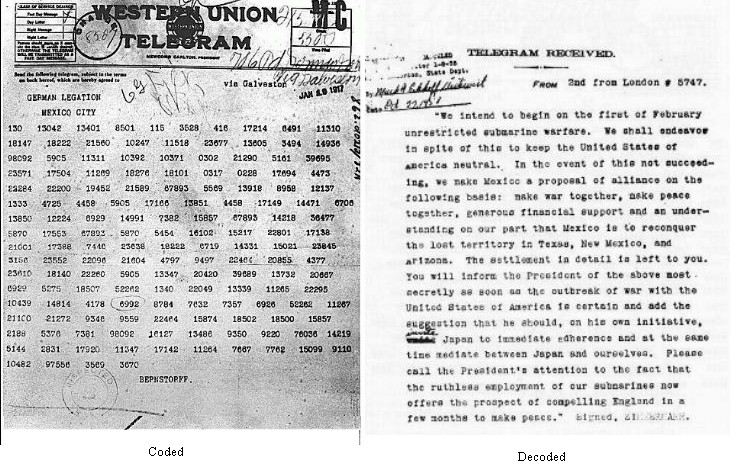Lower East Side Tenement Museum

For the Extra Credit I went to the Lower East Side Tenement Museum. The Lower East Side Tenement Museum is a historical landmark of the immigrants that lived in 97 Orchard Street during 1863. If you ever decide to visit the Tenement Museum they have many tours that will tell you the history of the people that lived there. The tour that I went on is called Piecing It Together, which told the story of two specific families. During the tour I learned that many of the people that lived in 97 Orchard Street were Jewish immigrants trying to make a living. The Levine family was one of the families that I learned about and they were Jewish immigrants that made a living in their own home. The Levine family had a Garment factory right in their own home. Many people either owned a Garment factory or worked in one, and one of the most infamous events that happened during this time was the Triangle Shirtwaist Factory Fire.


 According to Foner, during Johnson presidency he took initiatives of 1965-1967, known collectively as the Great Society, provided health services to the poor and elderly in the new Medicaid and Medicare programs and poured federal funds into education and urban development. Unlike the New Deal the Great Society was a response to great prosperity. The mid-1960’s were a time of economic expansion and Johnson thought that economic growth will help improve the quality of life.
According to Foner, during Johnson presidency he took initiatives of 1965-1967, known collectively as the Great Society, provided health services to the poor and elderly in the new Medicaid and Medicare programs and poured federal funds into education and urban development. Unlike the New Deal the Great Society was a response to great prosperity. The mid-1960’s were a time of economic expansion and Johnson thought that economic growth will help improve the quality of life.

 A Normal Stock market, Just what he wanted. Wish denied. This Cartoon is fro 1929.
A Normal Stock market, Just what he wanted. Wish denied. This Cartoon is fro 1929. The Stock Market crash in New York of 1929.
The Stock Market crash in New York of 1929. Nationalism is one of the causes of World War I. Nationalism is what made people become proud of their country. It also makes them support and fight for their country. Including imperialism and militarism, countries started to increase their armies power. Countries like Italy, Germany, Russia, and France became great powers. Nationalism encourage countries to be independent. Other countries that weren’t a great power like Serbia wanted to be independent because of Nationalism. They wanted to form their own country and be separate.
Nationalism is one of the causes of World War I. Nationalism is what made people become proud of their country. It also makes them support and fight for their country. Including imperialism and militarism, countries started to increase their armies power. Countries like Italy, Germany, Russia, and France became great powers. Nationalism encourage countries to be independent. Other countries that weren’t a great power like Serbia wanted to be independent because of Nationalism. They wanted to form their own country and be separate.
 This is a picture of Henry Ford between 1863- 1947. Ford developed the techniques of production and marketing that brought in the reach of ordinary Americans. He established the Ford Motor Company in 1905. The Model T and assembly line innovations revolutionized American society and molded the world we live in today. Henry Ford used the assembly techniques to produce cars so that everyone can afford it.
This is a picture of Henry Ford between 1863- 1947. Ford developed the techniques of production and marketing that brought in the reach of ordinary Americans. He established the Ford Motor Company in 1905. The Model T and assembly line innovations revolutionized American society and molded the world we live in today. Henry Ford used the assembly techniques to produce cars so that everyone can afford it. Picture of Japanese brides coming to U.S. to help Japanese men find a wife. Early 1900s
Picture of Japanese brides coming to U.S. to help Japanese men find a wife. Early 1900s



